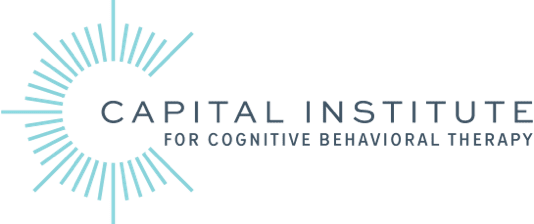“Who Am I?” – Tips for Exploring Identity
Exploring identity can be a challenging task, especially if we’ve lived our lives based on “identity norms” that have been pre-determined for us such as the sex we are at birth, the kinds of toys we must play with, the types of people we’re supposed to be friends with, and the way we are expected to act around those people. But what if these “norms” don’t align with who we truly feel we are? Throughout our lifetime, we are constantly re-exploring, re-framing, and re-organizing ourselves based on the current experiences we are going through. Beginning in adolescence and extending into adulthood, individuals are faced with the task of establishing continuity and “sameness” in the self across contexts. This can leave us confused when we don’t feel like the person we are “supposed to be” and therefore don’t know how we are supposed to act in those contexts – which may leave us wondering, who am I?
While this question may lead to feelings of fear and anxiety, it’s actually a question of growth. Determining who we are is important in understanding our thoughts, feelings, dreams, hopes, and fears – all important factors in leading to a happier and healthier life where you can express who you are and what it is that you want. Knowing your inner sense of self can lead to less internal conflict and better decision-making. The key to finding who you are is by perceiving your sense of self as malleable and being open to new challenges, experiences, and ultimately, growth.
Consider these questions:
Posts
- What do I find meaningful?
- What am I passionate about?
- What do I love to do?
- What are my interests?
- When am I happiest?
- What are my values?
- When do I feel most comfortable in my skin?
- What emotions do I feel most of the time?
- What was I put on this earth to do?
Research shows that exploration is a key feature in the process of forming an identity, but oftentimes this is not easily achieved. Some people may face barriers (e.g., cost of living, religion, family views, unemployment, education) that prevent them from exploring and/or achieving identity and gaining independence. However, the period of identity exploration is often shaped by how effectively we use our time to gain experience and overcome these barriers. There has been evidence that certain activities may help with the exploration process. For example, using leisure time to explore activities that we like versus don’t like has been linked to helping discover identity. Talking to others who are similar and different than us can also help determine the type of person we feel we are by who we can relate to the most.
Ask yourself: What are the words I use to identify myself? Child. Daughter. White. Student. Trans. Aunt. Asian. Young. Mother. Straight. Middle Class. Brother. Lesbian. Christian. Man. Lower Class. Hispanic. European. Father. Native-American. Sister. Bisexual. Muslim. Teen. Woman. Queer. Jewish. Old. Gay. Which identity are you the proudest of? Which has been the most challenging? How do you deal with those challenges? Which do you wish you could change? What would you change about it? What would need to happen for you to love parts of your identity more?
Difference is something that should be celebrated and unfortunately for some, being different leads to rejection, isolation, torment, and confusion. Finding your identity is important in challenging these negativities and accepting you for you. So, we challenge you to answer the question: Who Am I?
